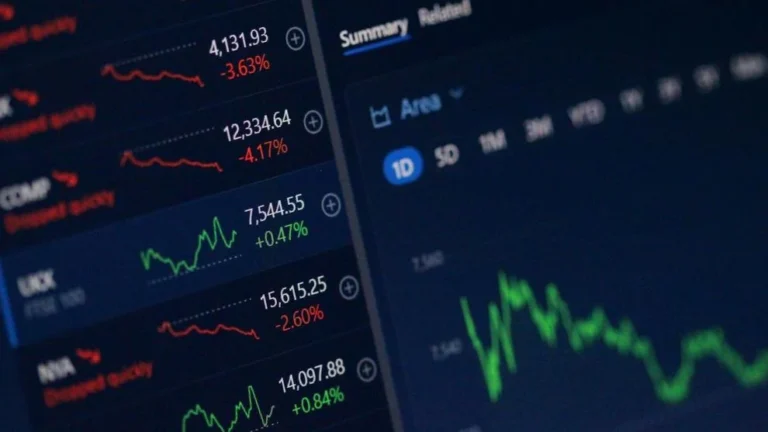(The Center Square) – U.S. stocks soared Monday after the world’s two largest economies reached a temporary trade deal to significantly lower tariffs while talks continue.
The Dow gained 2.8% to close at 42,410, above where it closed on April 2 before President Donald Trump’s “Liberation Day” tariffs drove markets down. The S&P 500 gained 3.26% on the day while the Nasdaq was up 4.3%, entering a new bull market by closing 20% above its April low point.
On Monday morning, China and the U.S. released details of a trade pact reached over the weekend after talks in Geneva. The U.S. and China said they will cut tariffs on imports from each other by May 14.
After the weekend meeting, the two global superpowers agreed to slash tariffs so high that nearly all trade between the two nations stopped.
The U.S. will reduce its tariffs on China from 145% to 30% while the two nations continue to talk. China will cut its levies on U.S. imports from 125% to 10%, according to a joint statement from the two nations.
The U.S. goods trade deficit with China was $295.4 billion in 2024, the largest with any trading partner, according to the White House.
John Murphy, senior vice president at the U.S. Chamber of Commerce, said the temporary deal is good news for U.S. businesses.
“While any agreement that reduces tariffs is good news, it is important to note that even with this China agreement, tariffs are much higher overall than they were at the beginning of the year, and many businesses, especially small businesses, are dealing with growing costs and disruptions,” he said. “We continue to urge the Trump Administration to prioritize tariff relief for businesses and families, and to address foreign trade barriers as it negotiates with other countries.”
The U.S. Chamber of Commerce also renewed its call for tariff exclusions for small businesses, for products not produced in the U.S., and for companies facing imminent layoffs of American workers as a result of tariffs.
“With respect to China, there’s still work to be done to open the Chinese market for U.S. manufacturers, farmers and businesses of all sizes, as well as the ongoing need to address U.S. national security concerns, and we will be closely monitoring that progress,” Murphy said.
The two nations also will “take aggressive actions to stem the flow of fentanyl and other precursors from China to illicit drug producers in North America,” the White House said.
Trump said he plans to talk with Xi Jinping, president of the People’s Republic of China, at the end of the week.
Economists, businesses and many publicly traded companies have warned that tariffs could raise prices on a wide range of consumer products.
Trump has said he wants to use tariffs to restore manufacturing jobs lost to lower-wage countries in decades past, shift the tax burden away from U.S. families, and pay down the national debt.
A tariff is a tax on imported goods. The importer pays the tax and can either absorb the loss or pass the cost on to consumers through higher prices.

